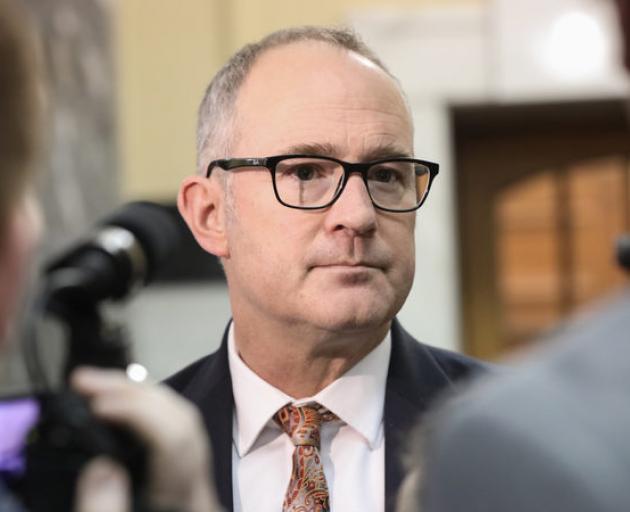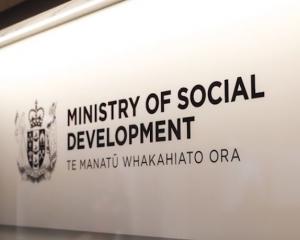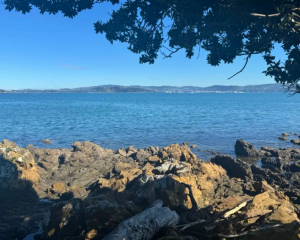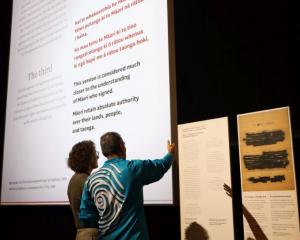
Urban Development Minister Phil Twyford is confident the new plan, which would have an effect in Queenstown, would reassure even the most "sceptical nimby".
He, alongside Environment Minister David Parker, this morning released the proposed National Policy Statement on Urban Development.
It has been welcomed by Auckland Mayor Phil Goff, who this morning said he was pleased to see the Government tackling issues surrounding urban development.
But he cautioned against planning for growth without having the funding to go with it.
The new plan aims to address some of the most fundamental issues New Zealand's biggest cities face as they grow.
"Our cities are failing," Twyford said.
"Poor-quality planning is stopping our cities from growing, driving up the price of land and housing, and is one of the big drivers of the housing crisis."
He said a new approach to planning which allows cities to grow up, especially in the city centres, was needed.
The current system is overly restrictive and creates an artificial scarcity of land which, in turn, drives up the price of housing, Twyford said.
The Government is proposing scrapping many unnecessary restrictions on the development of higher-density housing, such as apartment blocks, to allow cities to grow up.
Local councils would be directed to allow higher-density developments to be built in areas close to town centres and public transport.
"This [would] result in productivity benefits for businesses while giving better access to amenities and services," the report, released this morning, said.
However, higher-density areas are likely to mean more cars and the need for car parks close to city centres.
To fix this problem, the Government wants to remove local councils' ability to regulate car parking requirements.
"This approach provides an opportunity for local authorities and developers to consider car parking as a shared resource," the report said.
For example, a supermarket, an office block and an apartment block all experience a peak in demand for parking at different times during the day and the week – "[they] could benefit from sharing this resource".
Goff said at the moment, about 93 per cent of public revenue goes to Government, yet cities shoulder most of the cost for accommodating growing populations.
"We need some degree of revenue sharing if the Government wants Auckland to take more of a role in urban development."
He said Auckland Council is spending more than $26 billion on infrastructure but there is a limit to what it can do.
"We need some degree of revenue sharing if the Government wants Auckland to take more of a role in urban development," he said.
The new report also said that making it easier to develop higher-density buildings, the Government hopes the environment will be preserved.
"We have to allow cities to expand in a way that protects our special heritage areas, the natural environment and highly productive land," Twyford said.
The plan would direct councils – specifically Auckland, Hamilton, Tauranga, Wellington, Christchurch and Queenstown – to free up their planning rules while focusing on high-quality streets, neighbourhoods and communities.
The proposed National Policy Statement on Urban Development goes out for consultation today.











